
The Untamed Beauty of Bjeshkët e Nemuna National Park
Bjeshkët e Nemuna National Park, also known as the Accursed Mountains, is a hidden gem in Kosovo. This national park is a paradise for nature lovers, hikers, and adventure seekers. With its rugged mountains, deep valleys, and diverse flora and fauna, it offers a unique escape from the hustle and bustle of everyday life. The park is home to some of the highest peaks in the Balkans, including Gjeravica, which stands at 2,656 meters. The trails here range from easy walks to challenging climbs, making it suitable for all levels of hikers. As you explore the park, you'll encounter stunning alpine meadows, crystal-clear rivers, and picturesque villages that seem frozen in time. One of the highlights of Bjeshkët e Nemuna National Park is its rich biodiversity. The park is a sanctuary for many rare and endangered species. Birdwatchers will be delighted to spot golden eagles, peregrine falcons, and various species of owls. The park is also home to brown bears, lynxes, and wild goats, adding to the thrill of your adventure. For those interested in culture and history, the park offers a glimpse into the traditional way of life in the region. You can visit old shepherd huts, ancient monasteries, and enjoy the warm hospitality of the local people. The park is also a great place to enjoy traditional Kosovar cuisine, with many local restaurants offering delicious dishes made from fresh, local ingredients.
Local tips in Bjeshket e Nemuna National Park
- Visit in late spring or early autumn for the best weather and fewer crowds.
- Bring sturdy hiking boots and layered clothing as the weather can change quickly.
- Hire a local guide for a more enriching experience and to navigate the challenging trails.
- Respect the wildlife and maintain a safe distance from animals.
- Try local dishes like flija and tavë kosi at village restaurants.
The Untamed Beauty of Bjeshkët e Nemuna National Park
Bjeshkët e Nemuna National Park, also known as the Accursed Mountains, is a hidden gem in Kosovo. This national park is a paradise for nature lovers, hikers, and adventure seekers. With its rugged mountains, deep valleys, and diverse flora and fauna, it offers a unique escape from the hustle and bustle of everyday life. The park is home to some of the highest peaks in the Balkans, including Gjeravica, which stands at 2,656 meters. The trails here range from easy walks to challenging climbs, making it suitable for all levels of hikers. As you explore the park, you'll encounter stunning alpine meadows, crystal-clear rivers, and picturesque villages that seem frozen in time. One of the highlights of Bjeshkët e Nemuna National Park is its rich biodiversity. The park is a sanctuary for many rare and endangered species. Birdwatchers will be delighted to spot golden eagles, peregrine falcons, and various species of owls. The park is also home to brown bears, lynxes, and wild goats, adding to the thrill of your adventure. For those interested in culture and history, the park offers a glimpse into the traditional way of life in the region. You can visit old shepherd huts, ancient monasteries, and enjoy the warm hospitality of the local people. The park is also a great place to enjoy traditional Kosovar cuisine, with many local restaurants offering delicious dishes made from fresh, local ingredients.
When is the best time to go to Bjeshket e Nemuna National Park?
Unmissable attractions to see
Reconciliation Tower
Discover the Reconciliation Tower in Albania, a museum symbolizing peace and unity, rich in history and cultural significance.
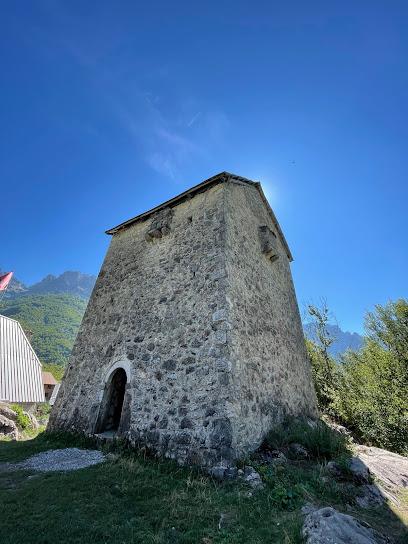
Kosova Wine Winery
Explore Kosova Wine Winery in Rahovec, where exquisite wines and stunning landscapes come together for an unforgettable experience.
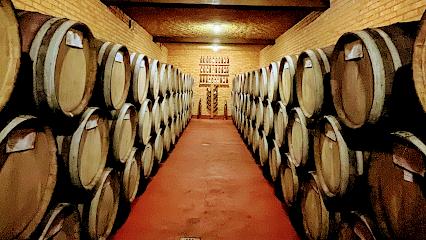
Qender Theth
Explore the stunning natural beauty and rich cultural heritage of Qender Theth, a hidden gem in the Albanian Alps, perfect for adventure seekers.
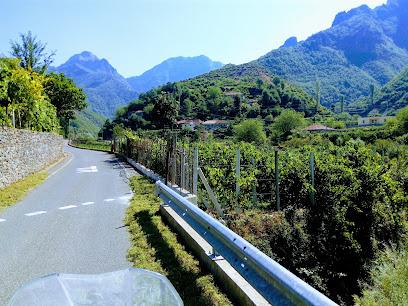
Essential places to dine
Bjeshkët e Nemuna National Park
Explore Bjeshkët e Nemuna National Park: A Natural Paradise of Majestic Peaks and Lush Valleys in Albania.
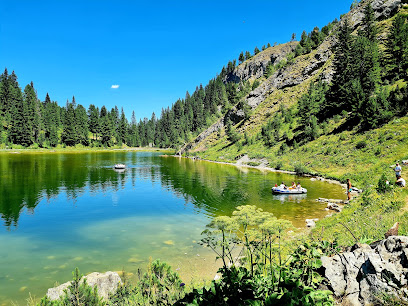
Restaurant Beska
Experience authentic Kosovar cuisine at Restaurant Beska in Prizren—where tradition meets flavor in every dish.
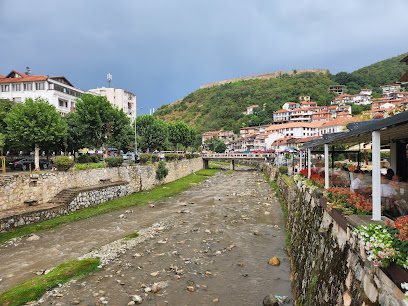
Pishat
Discover the flavors of Kosovo at Pishat – where authentic cuisine meets warm hospitality in Pristina.
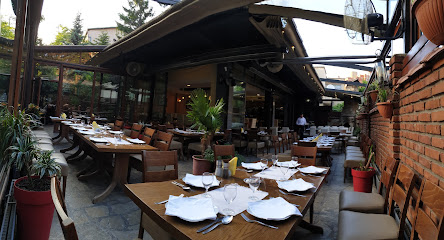
Princesha Gresa Restaurant
Discover authentic Kosovar flavors at Princesha Gresa Restaurant in Pristina - where every meal tells a story.
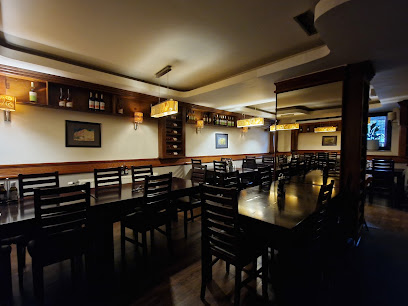
Restaurant ORA since
Discover the flavors of the region at Restaurant ORA – where affordability meets deliciousness in every bite.
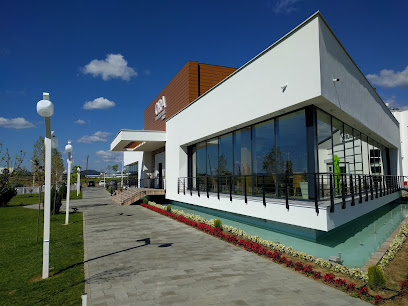
Restaurant Freskia
Experience authentic local cuisine at Restaurant Freskia in Исток – where every dish tells a story.
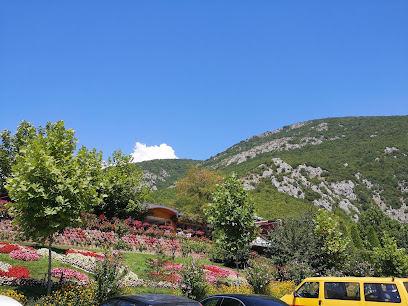
Vila Park
Experience authentic local cuisine at Vila Park in Sredska – where every dish tells a story and hospitality shines.
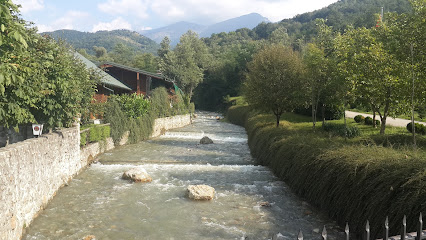
Shkugez
Experience the beauty of nature and savor local flavors at Shkugez Park in Gjakova - your serene getaway awaits!
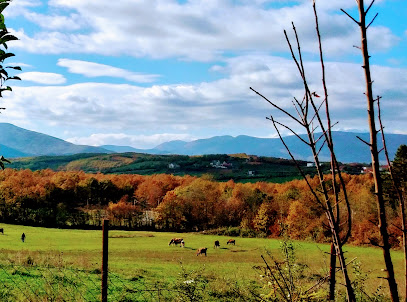
Gagi Restaurant
Experience authentic Mediterranean flavors at Gagi Restaurant in Pristina—where culinary excellence meets warm hospitality.
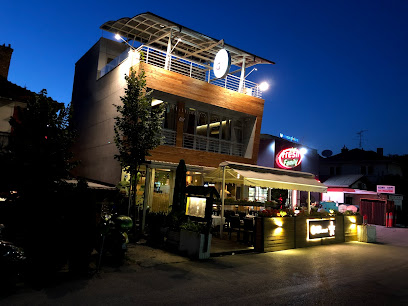
Restaurant Villa Italia Morinë
Discover the heart of Italian cuisine at Restaurant Villa Italia Morinë in Gjakova—where tradition meets flavor.
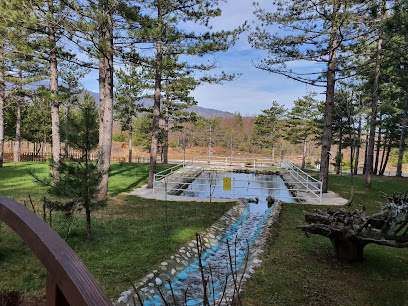
Restaurant Rron
Experience authentic Kosovar cuisine at Restaurant Rron in Pristina - where tradition meets modern culinary excellence.
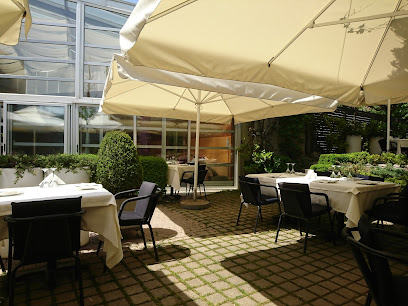
Senses Restaurant
Experience authentic Italian cuisine at Senses Restaurant in Pristina - where every dish tells a story.
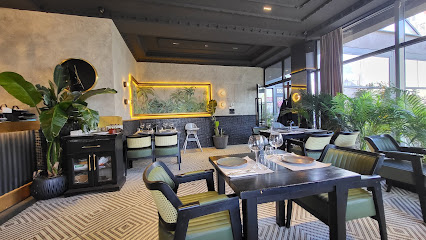
Restaurant Perla -Te Linda
Discover the flavors of Kosovo at Restaurant Perla -Te Linda; where tradition meets innovation in every delicious dish.
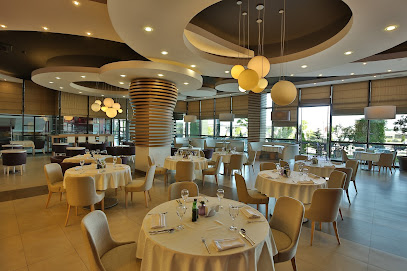
Tiffany Restaurant
Experience exquisite flavors at Tiffany Restaurant in Prizren - where tradition meets modern gastronomy in an elegant setting.
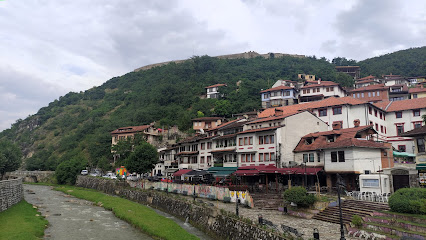
Restaurant Parku
Experience exquisite local cuisine in a serene setting at Restaurant Parku in Ferizaj.
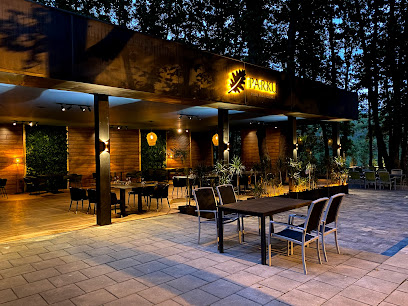
Markets, malls and hidden boutiques
Bjeshkët e Nemuna National Park
Explore the natural beauty of Bjeshkët e Nemuna National Park, a breathtaking national park in Kosovo with diverse landscapes and outdoor adventures.
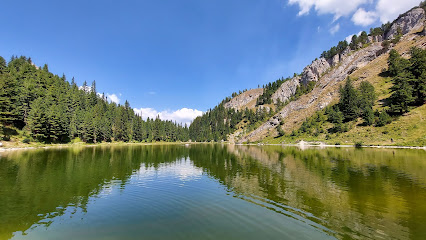
Tabja
Explore Tabja, a must-visit dress store in Drenas, showcasing trendy clothing and local designs for the fashion-forward traveler.
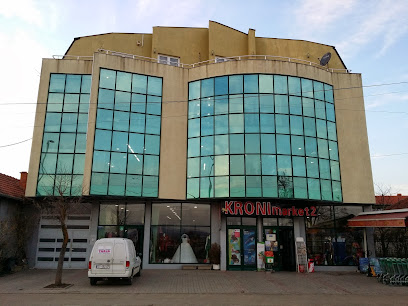
Greta
Discover the best of local and international products at Greta, Pejë's favorite supermarket, ensuring a delightful shopping experience.
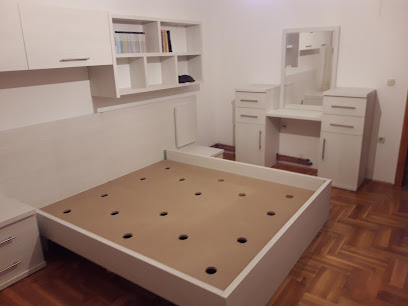
Comodita Home - Pejë
Explore Comodita Home in Pejë for exquisite furniture that blends quality and style, perfect for your home or as a unique travel souvenir.
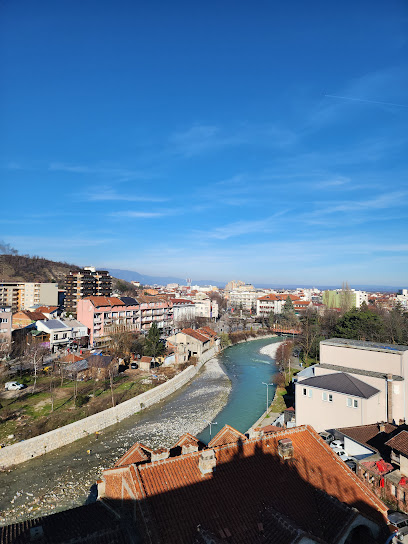
BESARTI Granit Mermer
Explore the exquisite selection of granite and marble at BESARTI Granit Mermer in Peja, the perfect destination for quality stone products.
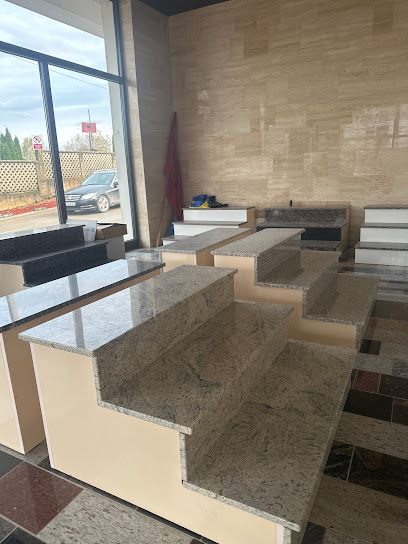
SEREC - 3R Thrift Store
Explore sustainable shopping at SEREC - 3R Thrift Store in Peja, offering unique second-hand treasures at affordable prices.
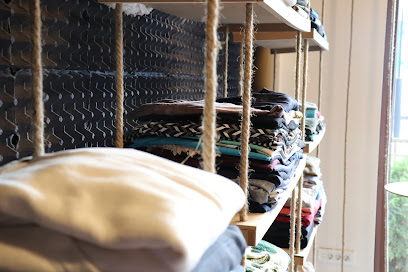
Ideal vokshi
Discover Ideal Vokshi in Peja, where quality meets affordability in a spacious warehouse club setting.
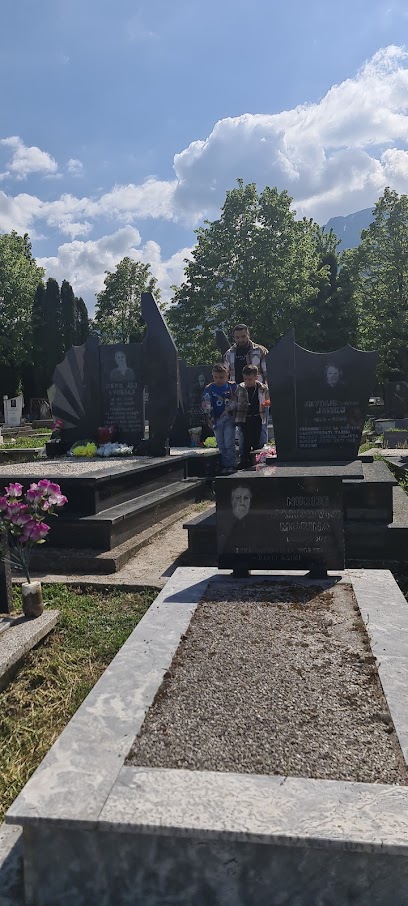
Byrektore
Discover the delightful flavors of Byrektore Bakery in Bleri, where every bite tells a story of Balkan culinary tradition.

Panoramex
Explore Pejë with peace of mind at Panoramex Pharmacy, your reliable partner for health and wellness during your travels.
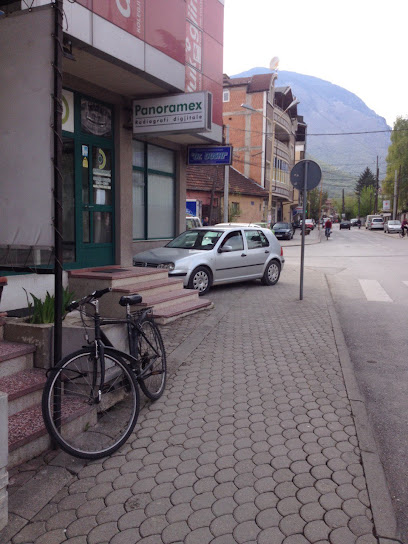
Malvesa
Explore Malvesa in Peja for unique local crafts and a glimpse into the rich cultural heritage of Kosovo.
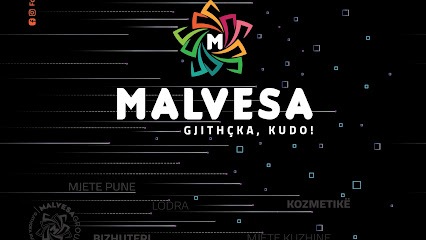
Market Bleoni
Experience the pulse of Banull at Market Bleoni, where local culture meets vibrant shopping, offering unique crafts and fresh produce.

Beni Dona
Discover a unique shopping experience at Beni Dona, Kosovo's vibrant department store offering a blend of local and international products.

Lumishpk
Explore the unique local treasures at Lumishpk in Kosovo Polje, where culture and craftsmanship come together to create unforgettable experiences.

GIFT SHOP FINA
Explore Gift Shop Fina in Glogovac for unique souvenirs and local crafts that celebrate the essence of your travels.

Fashion Designer Zeli Berisha
Explore the latest trends and unique styles at Fashion Designer Zeli Berisha in Peja, where local craftsmanship meets contemporary fashion.
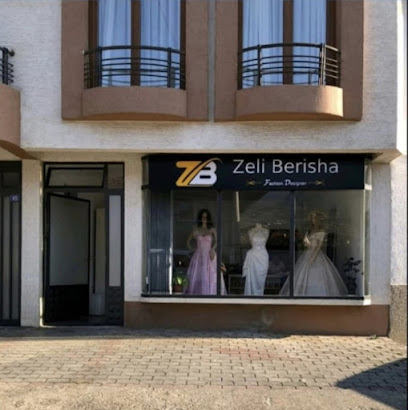
Essential bars & hidden hideouts
Incognito Restaurant Caffe
Experience a cozy ambiance and exceptional cuisine at Incognito Restaurant Caffe in the heart of Pejë, a must-visit for food lovers.
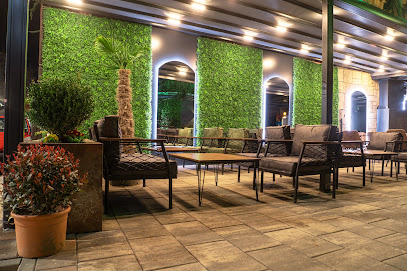
Radio Caffe
Discover Radio Caffe in Peja: a vibrant bar offering delightful drinks and a cozy ambiance perfect for tourists seeking relaxation.
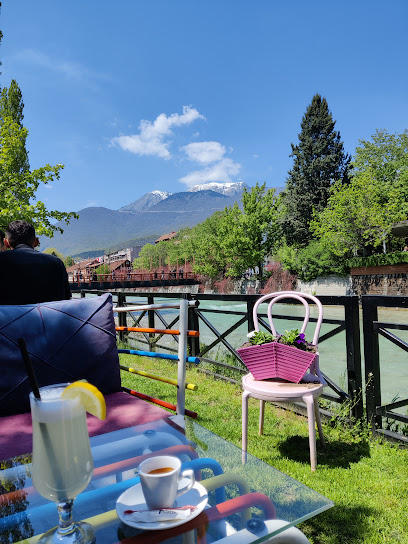
Run Caffee
Discover the warm ambiance and local flavors at Run Caffee in Peja, the perfect spot for coffee lovers and casual hangouts.
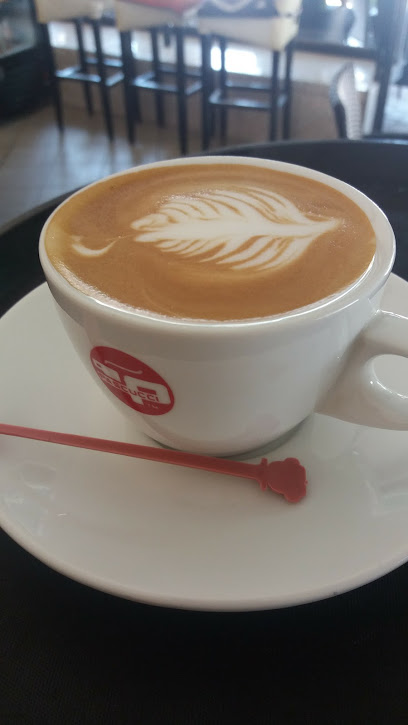
Structure caffe bar
Discover the vintage charm of Structure Caffe Bar in Peja, where every sip tells a story and the ambiance invites you to unwind.
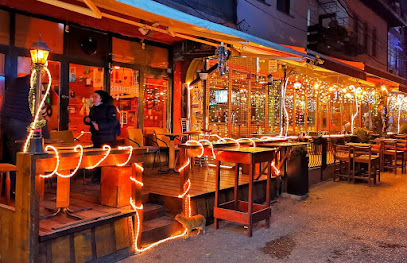
Fox bar
Discover the vibrant ambiance and local flavors at Fox Bar, Peja's lively hotspot for food and drinks.
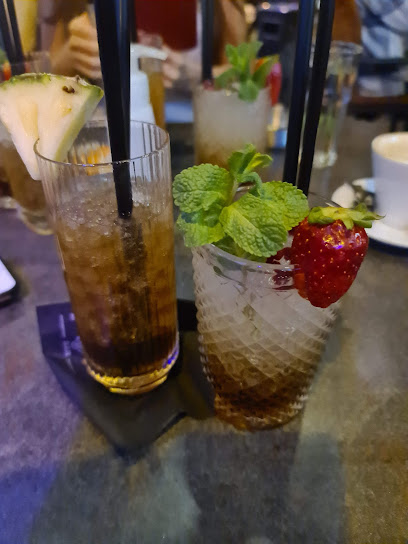
Ignite Lounge
Experience the vibrant nightlife of Peja at Ignite Lounge, a lively stand bar offering a great selection of drinks in a welcoming atmosphere.
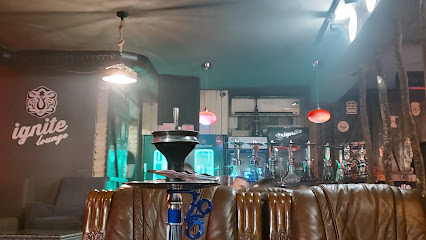
Shisha Bar MOHIBA - Junik
Discover the vibrant shisha culture at MOHIBA in Junik, a perfect spot for relaxation and socializing with friends while enjoying exquisite flavors.
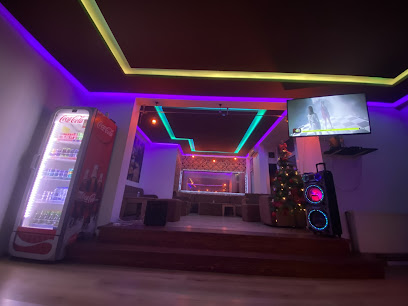
Bar & Lounge GONI
Experience vibrant nightlife and cozy relaxation at Bar & Lounge GONI in Barani i Ulët, a must-visit for every traveler.
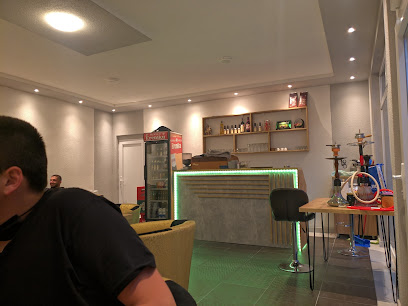
Corner Caffe
Experience the charm of Deçan at Corner Caffe, a cozy bar offering a delightful selection of beverages in a warm and inviting atmosphere.
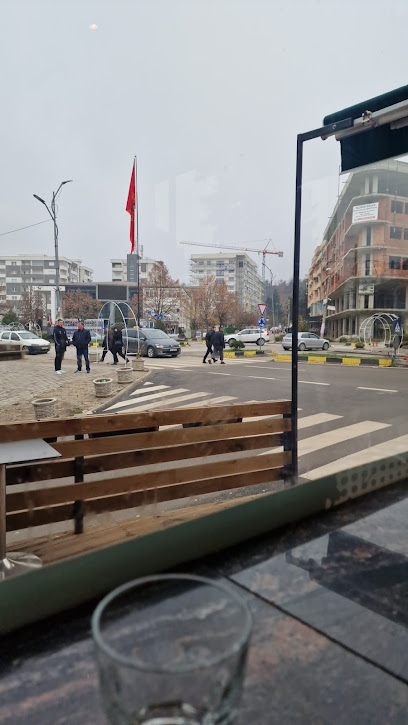
StreetBar
Experience the vibrant nightlife of Peja at StreetBar, where great drinks meet lively entertainment in an inviting atmosphere.
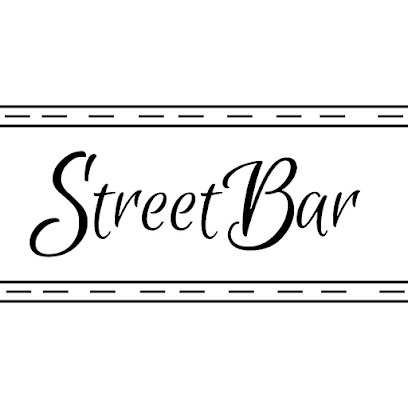
Otto Caffe
Experience the charm of Peja at Otto Caffe, where delightful beverages and a cozy atmosphere await every traveler.
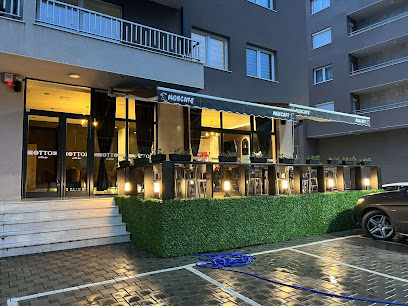
n'Viva Dine & Coffee
Experience the cozy charm and local flavors at n'Viva Dine & Coffee in Deçan, where delightful drinks and a welcoming atmosphere await.

DIDI BAR
Experience the local charm at DIDI BAR in Peja, where warmth and good company meet refreshing drinks in a cozy atmosphere.
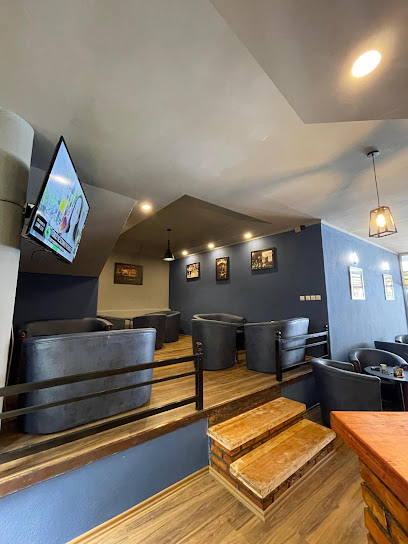
Lodhe tu pushu
Discover the vibrant atmosphere of Lodhe tu pushu, a must-visit bar in Peja offering a taste of local culture and delightful beverages.
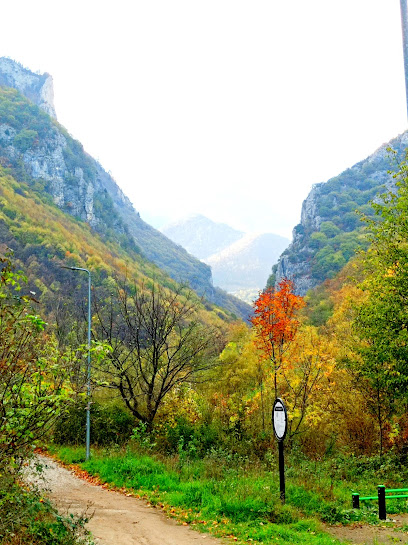
Local Phrases about Bjeshket e Nemuna National Park
-
- HelloTungjatjeta
[toon-gyah-tyeh-tah] - GoodbyeMirupafshim
[meer-oo-pahf-sheem] - YesPo
[poh] - NoJo
[yoh] - Please/You're welcomeJu lutem
[yoo loo-tehm] - Thank youFaleminderit
[fah-leh-meen-deh-reet] - Excuse me/SorryMë falni
[muh fahl-nee] - How are you?Si jeni?
[see yeh-nee] - Fine. And you?Mirë. Dhe ju?
[meer duh yoo] - Do you speak English?A flisni anglisht?
[ah flees-nee ahn-gleesht] - I don't understandNuk kuptoj
[nook koop-toy]
- HelloTungjatjeta
-
- I'd like to see the menu, pleaseDo të doja të shikoja menunë, ju lutem
[doh tuh doh-yah tuh shee-koh-yah meh-noo-nuh yoo loo-tehm] - I don't eat meatNuk ha mish
[nook hah meesh] - Cheers!Gëzuar!
[guh-zoo-ahr] - I would like to pay, pleaseDo të doja të paguaja, ju lutem
[doh tuh doh-yah tuh pah-gwah-yah yoo loo-tehm]
- I'd like to see the menu, pleaseDo të doja të shikoja menunë, ju lutem
-
- Help!Ndihmë!
[ndee-muh] - Go away!Iki!
[ee-kee] - Call the Police!Thirrni policin!
[theer-nee poh-lee-tseen] - Call a doctor!Thirrni një doktor!
[theer-nee nyuh dohk-tohr] - I'm lostJam humbur
[yahm hoom-boor] - I'm illJam i sëmurë
[yahm ee suh-moo-ruh]
- Help!Ndihmë!
-
- I'd like to buy...Do të doja të blija...
[doh tuh doh-yah tuh blee-yah] - I'm just lookingPo shikoj vetëm
[poh shee-koy veh-tuhm] - How much is it?Sa kushton?
[sah koosh-tohn] - That's too expensiveKy është shumë i shtrenjtë
[keeh ehs-tuh shoo-muh ee shtrehn-jteh] - Can you lower the price?A mund të zbritni çmimin?
[ah moon-d tuh zbee-reet-nee chmee-meen]
- I'd like to buy...Do të doja të blija...
-
- What time is it?Sa është ora?
[sah ehs-tuh oh-rah] - It's one o'clockËshtë një ora
[ehs-tuh nyuh oh-rah] - Half past (10)Njëmbëdhjetë
[nyuhm-buhd-yeh-teh] - MorningMëngjes
[muhn-gyes] - AfternoonPasdite
[pahs-dee-teh] - EveningMbrëmje
[m-brehm-yeh] - YesterdayDje
[djeh] - TodaySot
[soht] - TomorrowNesër
[neh-sehr] - 1Një
[nyuh] - 2Dy
[duh] - 3Tre
[treh] - 4Katër
[kah-tuhr] - 5Pesë
[peh-suh] - 6Gjashtë
[gyahsht] - 7Shtatë
[sh-tah-tuh] - 8Tetë
[teh-tuh] - 9Njëzë
[nyuh-zuh] - 10Dhjetë
[dhyeh-teh]
- What time is it?Sa është ora?
-
- Where's a/the...?Ku është një/...?
[koo ehs-tuh nyuh] - What's the address?Cili është adresa?
[chee-lee ehs-tuh ah-dreh-sah] - Can you show me (on the map)?A mund të ma tregoni (në hartë)?
[ah moon-d tuh mah troh-goh-nee nuh hahr-tuh] - When's the next (bus)?Kur është autobusi i ardhshëm?
[koor ehs-tuh ah-oo-toh-boo-see ee ahrd-shuhm] - A ticket (to ....)Një biletë (në ....)
[nyuh bee-leh-tuh nuh]
- Where's a/the...?Ku është një/...?
History of Bjeshket e Nemuna National Park
-
Bjeshket e Nemuna National Park, known as Prokletije or the 'Accursed Mountains,' has a rich history dating back to ancient times. The region was inhabited by the Illyrians, a group of tribes who lived in the western Balkans. Archaeological findings, including artifacts and ancient fortifications, give evidence of their presence and influence in this rugged terrain.
-
Following the Illyrians, the Romans conquered the region in the 1st century BC. The Bjeshket e Nemuna area became part of the Roman province of Dalmatia. Roman roads and trade routes were established through the mountains, facilitating commerce and communication. Remains of Roman roads can still be traced in some parts of the park.
-
During the Middle Ages, the strategic importance of the Bjeshket e Nemuna mountains increased. Numerous fortresses and watchtowers were constructed by local rulers to defend against invasions. Some of these medieval fortifications, such as the Kulla (tower houses), are still standing and offer a glimpse into the feudal past of the region.
-
The Ottoman Empire's rule over the Balkans, including the Bjeshket e Nemuna region, began in the late 14th century and lasted for several centuries. The Ottomans left a lasting impact on the local culture, architecture, and traditions. Many of the stone bridges, mosques, and traditional houses in the area reflect Ottoman architectural styles.
-
During World War II, the Bjeshket e Nemuna mountains served as a stronghold for Yugoslav Partisans resisting Axis occupation. The rugged terrain provided a natural refuge and strategic advantage for the Partisans. Several battles and skirmishes took place in the area, and memorials commemorating the resistance efforts can be found within the park.
-
Bjeshket e Nemuna National Park was officially established in 2012 to protect and preserve the unique natural and cultural heritage of the region. The park covers an area of approximately 63,028 hectares and includes diverse ecosystems, endemic species, and significant historical sites. The establishment of the park marked a new chapter in the conservation and promotion of this extraordinary landscape.
Bjeshket e Nemuna National Park Essentials
-
Bjeshket e Nemuna National Park is located in the western part of Kosovo, near the border with Montenegro. The nearest international airport is Pristina International Airport, approximately 120 kilometers away. From Pristina, you can hire a taxi, rent a car, or take a bus to the town of Peja (Peć). From Peja, the park is accessible by local transportation or private vehicle. The journey from Pristina to Peja typically takes around 1.5 to 2 hours by road.
-
Within Bjeshket e Nemuna National Park, transportation options include hiking, biking, and driving. Rental cars are available in major cities like Pristina and Peja, providing flexibility for exploring the park at your own pace. Local buses and minibuses (furgons) operate between towns and villages, but schedules can be infrequent. Taxis are also available and can be a convenient option for short trips. For off-road adventures, consider hiring a local guide with a 4x4 vehicle.
-
The official currency in Kosovo is the Euro (EUR). Credit cards are accepted in larger hotels, restaurants, and shops, but it's advisable to carry cash for smaller establishments and rural areas. ATMs are available in Peja and other major towns, but it's wise to withdraw sufficient cash before heading into the park. Note that some remote areas may not have reliable access to banking services.
-
Bjeshket e Nemuna National Park is generally safe for tourists, but standard precautions should be taken. Avoid hiking alone, especially in remote areas, and always let someone know your itinerary. Petty theft can occur, so keep an eye on your belongings. While there are no specific high-crime areas targeting tourists, it's best to stay vigilant and aware of your surroundings. In case of an emergency, contact local authorities or park rangers for assistance.
-
In case of an emergency, dial 112 for immediate assistance. The nearest medical facilities and police stations are located in Peja. It is recommended to have travel insurance that covers medical emergencies and evacuation. For minor health issues, pharmacies are available in Peja where you can purchase over-the-counter medications. Park rangers are also available to assist with emergencies within the park.
-
Fashion: Do dress in layers and wear sturdy hiking boots, as weather conditions can change rapidly in the mountains. Avoid wearing flashy jewelry or expensive items. Religion: Do respect local customs and traditions. Dress modestly and behave respectfully when visiting religious sites. Public Transport: Do be courteous and offer your seat to elderly passengers. Don't eat or drink on public transport. Greetings: Do greet people with a friendly 'Mirëdita' (Good day). A handshake is common, but a nod or small bow is also acceptable. Eating & Drinking: Do try local delicacies like flija and raki. Accept food and drink offerings graciously. Don't refuse hospitality, as it is considered impolite.
-
To experience Bjeshket e Nemuna National Park like a local, consider staying in traditional guesthouses where you can enjoy authentic Kosovar hospitality. Engage with local guides who can share insights about the area's history, culture, and natural beauty. Visit local markets to buy fresh produce and handmade crafts. Don't miss exploring the Rugova Canyon, hiking the Via Dinarica trail, and visiting the remote village of Boge for a truly immersive experience.
Nearby Cities to Bjeshket e Nemuna National Park
-
Things To Do in Bajram Curri
-
Things To Do in Gjakova
-
Things To Do in Mitrovica
-
Things To Do in Prizren
-
Things To Do in Vushtrri
-
Things To Do in Shtime
-
Things To Do in Podgorica
-
Things To Do in Ferizaj
-
Things To Do in Podujevo
-
Things To Do in Nikšić
-
Things To Do in Lezhë
-
Things To Do in Gjilan
-
Things To Do in Cetinje
-
Things To Do in Bar
-
Things To Do in Ulcinj











